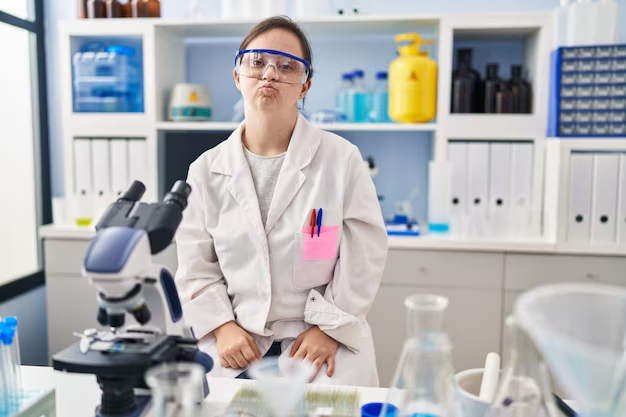How to Become a Clinical Lab Scientist: Degrees, Certifications, and Licenses
Embarking on a career as a Clinical Lab Scientist is an exciting journey that combines scientific expertise with the rewarding challenge of improving patient care. The pathway to this profession is firmly rooted in education and training. To begin, aspiring Clinical Lab Scientists should earn a Bachelor's degree in Medical Laboratory Science or a related field like Biology or Chemistry. This degree equips students with critical knowledge of laboratory processes, data analysis, and healthcare practices. Additionally, many states require licensure, which often involves passing a certification exam such as those offered by the American Society for Clinical Pathology (ASCP). Engaging with a Clinical Lab Scientist training program during one's studies can provide invaluable hands-on experience, preparing students to excel in this dynamic field.
Continuing education and specialized certifications further enhance a Clinical Lab Scientist's expertise and career prospects. Certifications like the Specialist in Microbiology (SM) or Molecular Biology (MB) from ASCP allow professionals to deepen their knowledge and stand out in a competitive job market. With the healthcare industry rapidly evolving, the commitment to further education and certification underscores the importance of remaining at the forefront of clinical laboratory science. If you're thinking about a future in this rewarding field, exploring educational opportunities might be your next step.
Pathway to Becoming a Clinical Lab Scientist: Degrees and Certifications
-
🎓 Bachelor's Degree
- Medical Laboratory Science
- Biology
- Chemistry
-
📜 Licensure
- State-specific requirements
- ASCP Certification
-
💼 Certifications (Optional)
- Specialist in Microbiology (SM)
- Molecular Biology (MB)
